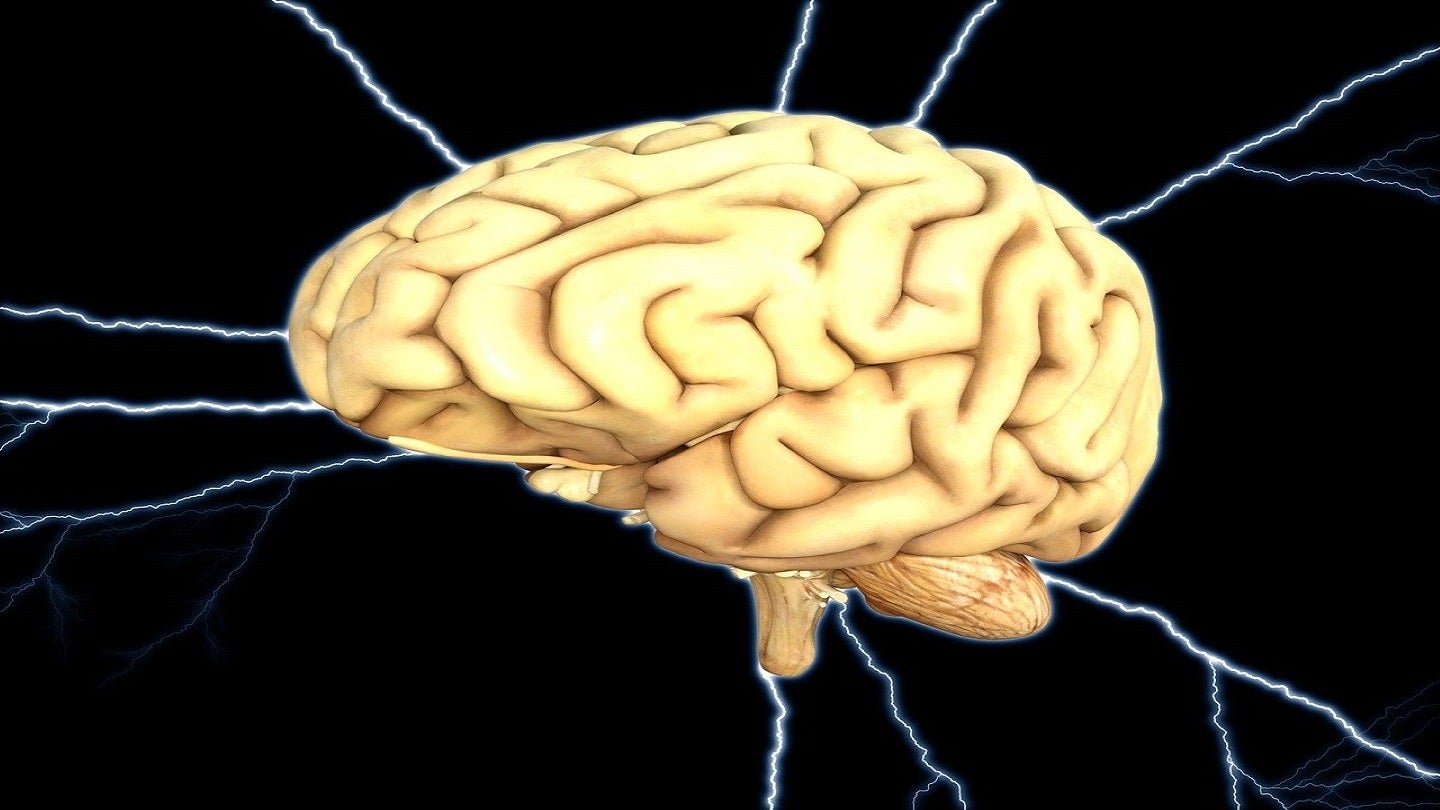
Electromedical Products International’s (EPI) wholly-owned subsidiary Pulvinar Neuro has received a grant from the US National Institutes of Health (NIH) for transcranial stimulation (TCS) research.
The company has been awarded a Phase II SBIR grant worth $3.06m from the National Institute of Mental Health (NIMH), a branch of the NIH, over three years to advance its TCS research as a promising treatment for psychiatric disorders.

Discover B2B Marketing That Performs
Combine business intelligence and editorial excellence to reach engaged professionals across 36 leading media platforms.
Pulvinar Neuro will use the funding for the development of a cloud-enabled TCS device to offer personalised closed-loop brain stimulation for clinical and at-home applications.
The grant also covers financing for the TCS device’s double-blind, placebo-controlled trial in 30 patients with major depressive disorder.
EPI chief science officer Dr Leah Townsend said: “This NIH grant will enable us to take a key step forward in the development of our novel brain stimulation treatment for mental illness.
“We are grateful to NIMH for supporting our work developing this important, innovative technology.”

US Tariffs are shifting - will you react or anticipate?
Don’t let policy changes catch you off guard. Stay proactive with real-time data and expert analysis.
By GlobalDataPulvinar Neuro supports the research community by offering non-invasive brain stimulation research tools.
The company is also focused on the technical development of advanced therapeutics for mental health.
EPI offers non-invasive brain stimulation for psychiatric disorders and pain management.
The company manufactures the Alpha-Stim brand of patented devices, which received approval from the US Food and Drug Administration to treat anxiety and insomnia through cranial electrotherapy stimulation and pain via microcurrent electrical therapy.





